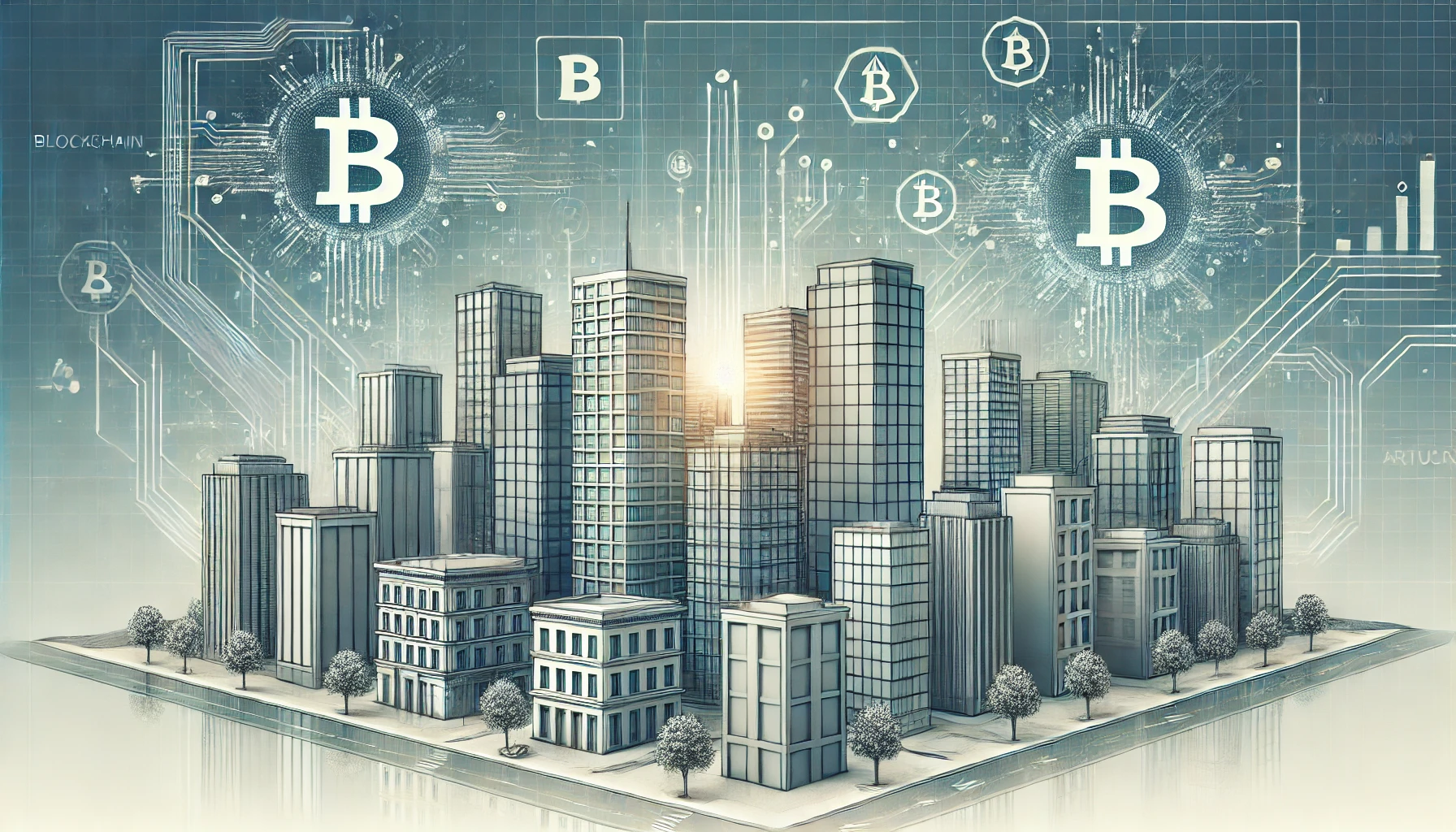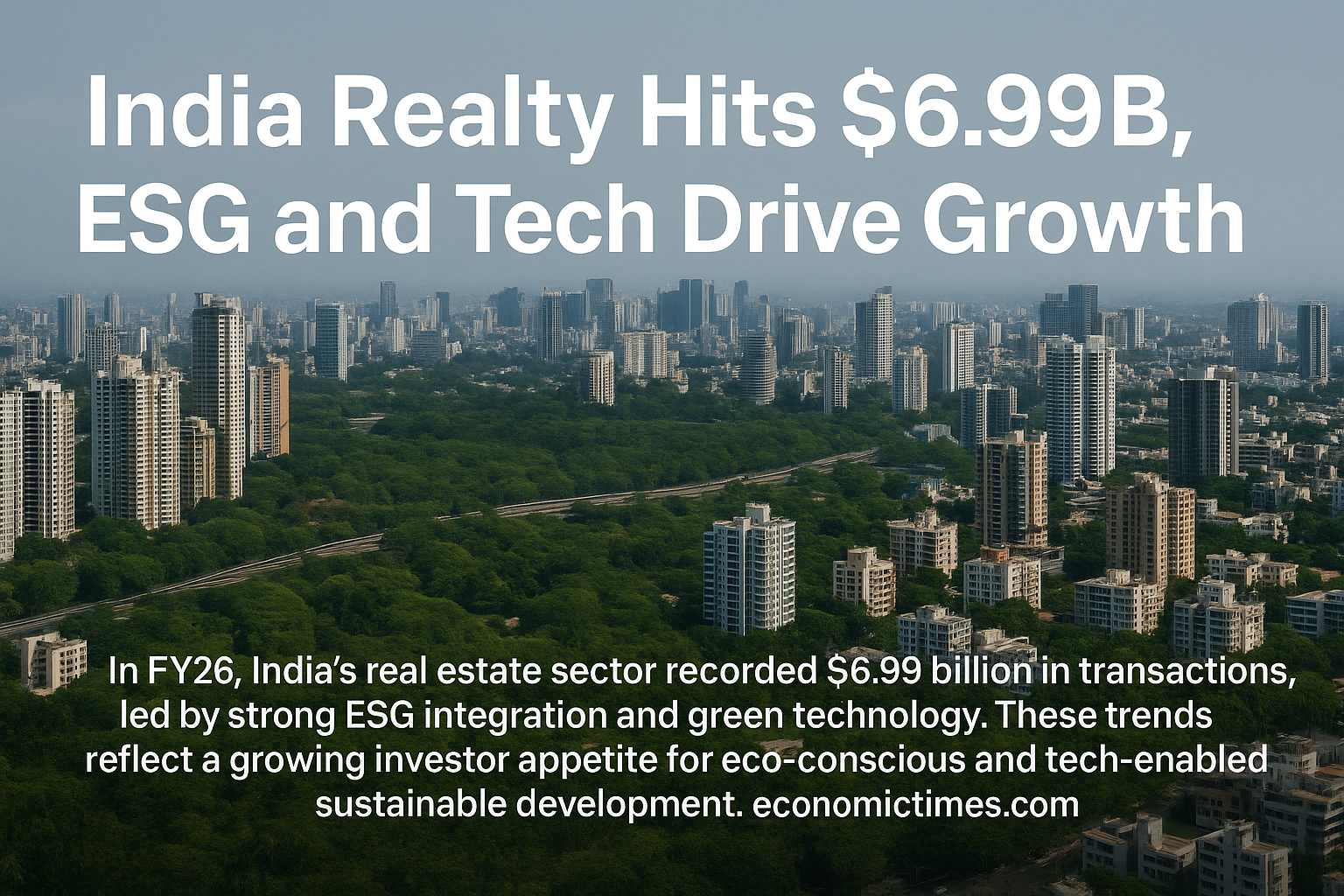The fusion of real estate and cryptocurrency is no longer a far-off dream but a quickly emerging reality. Through a process known as property tokenization, investors can now purchase fractional ownership in physical properties using digital tokens, transforming the way we approach real estate investments. Property tokenization democratizes access, breaking down traditional barriers in a market often characterized by high entry costs and limited liquidity. This blog post explores the transformative power of tokenization in real estate, how it works, and why it’s making waves in the investment world.
What Is Property Tokenization?
Property tokenization is the process of creating digital tokens on a blockchain that represent fractional ownership of a real-world property. Each token is linked to a share in the underlying asset, meaning investors can hold partial ownership of a building, apartment, or land without buying the whole property. Tokenization enables fractional ownership, allowing people to invest smaller amounts, a far cry from traditional real estate investments that often require significant capital upfront.
How Does Property Tokenization Work?
To tokenize a property, a digital representation of ownership is created on a blockchain, which functions as an immutable and transparent ledger. This representation is divided into tokens, each reflecting a portion of ownership, value, or income rights of the asset. Once the tokens are generated, they can be sold to investors on blockchain-based marketplaces, effectively lowering the investment threshold and granting access to a broader range of potential investors.
In addition, the blockchain’s secure infrastructure means that ownership rights, financial returns, and governance rules can be embedded within the token’s code. This automated structure allows for seamless transactions and reduces reliance on traditional intermediaries like banks or real estate agents.
Benefits of Property Tokenization
- Lower Investment Threshold: With tokenization, real estate investment becomes accessible to a wider range of investors. Fractional ownership allows individuals to buy tokens at a lower price, significantly lowering the entry barrier.
- Enhanced Liquidity: Traditional real estate assets are notoriously illiquid, often taking months or years to buy or sell. Tokenized assets, however, can be traded on secondary markets, offering a more liquid environment for investors.
- Increased Transparency: Tokenization operates on a blockchain, where each transaction is recorded and publicly accessible. This transparency helps reduce the risk of fraud and enhances trust in transactions.
- Global Access: Blockchain technology enables global participation. Investors worldwide can access real estate markets without geographic constraints, allowing a more diversified investment portfolio.
- Programmable Equity: Tokenized real estate assets can incorporate smart contracts, automating dividends or rent payments, which allows for smoother operations and better investment management.
Challenges and Risks
While property tokenization brings exciting possibilities, it also comes with challenges. The regulatory environment is still evolving, and different jurisdictions have different rules regarding tokenized assets. Additionally, real estate has historically been slow to adapt to new technologies, which may hinder the widespread adoption of tokenization.
Security is another concern. Though blockchain technology is secure, tokenization still involves storing value in digital tokens, which could be vulnerable to cyber-attacks. Ensuring robust security measures and a clear regulatory framework will be essential to safeguard investor confidence.
The Future of Real Estate Investment
Property tokenization is positioned to revolutionize real estate, making it accessible, transparent, and global. While it may still be in its early stages, the concept has already garnered significant attention from investors and developers alike. For investors, tokenization offers a new way to diversify portfolios and gain exposure to real estate markets without massive upfront investments. For developers, it represents an innovative financing option that can broaden their reach to a global audience.
As regulatory landscapes mature and more blockchain-based marketplaces emerge, property tokenization is set to become a staple in the real estate sector. Investors looking to stay ahead of the curve would do well to keep an eye on this rapidly evolving intersection of real estate and digital finance.
Crypto’s entry into real estate through tokenization represents a profound shift in both sectors, paving the way for a more inclusive, efficient, and accessible market. By enabling fractional ownership, lowering costs, and enhancing liquidity, property tokenization is reshaping how we think about and invest in property. As technology and regulation continue to evolve, tokenized real estate may soon become a viable mainstream investment, offering unprecedented access and opportunities for a diverse group of investors.




